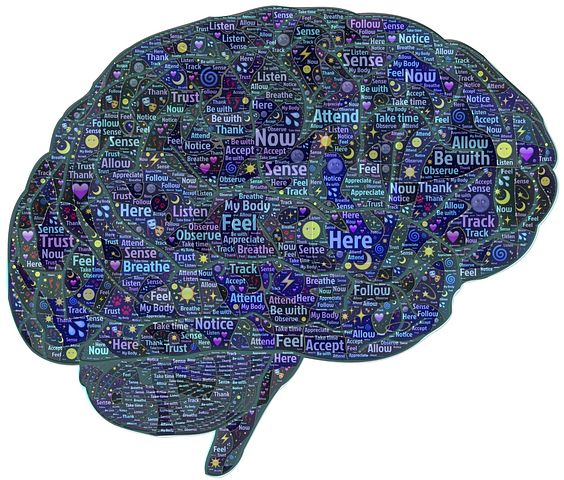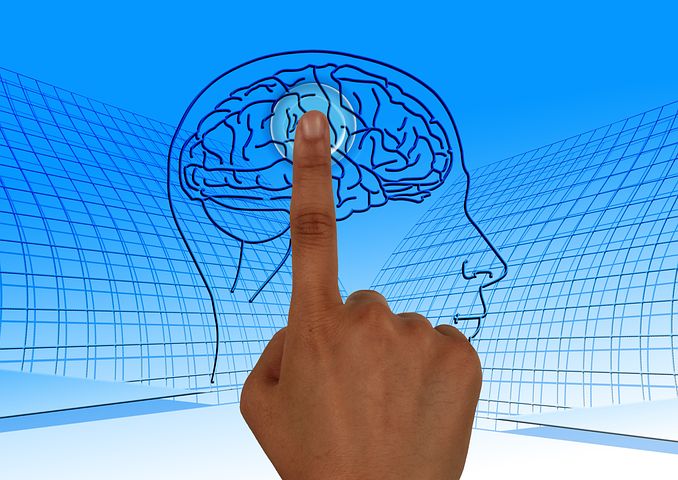Elaine Barron provides Brainspotting Therapy in the greater Alpharetta, Roswell, Milton, Johns Creek, Cumming, & East Cobb area for trauma related difficulties
WHO CAN BENEFIT FROM BRAINSPOTTING?
Individuals who are having difficulty moving past trauma, anxiety, depression and reoccurring behavioral problems
Individuals who are having difficulty moving past trauma, anxiety, depression and reoccurring behavioral problems
|
|
We all have experiences that are stored in our memories, sometimes consciously, sometimes unconsciously, in the neural pathways of our brains. These memories can readily bring up strong emotions, and in the case of traumatic experiences, keep us stuck and influence our future behaviors. Linkage of memories occur in brain networks that contain related images, thoughts, emotions, and sensations. Much of the time we are unaware of the networking of these related elements that affect our day to day choices.
As a therapist, I have noticed that sometimes my clients have had difficult backgrounds that seem to perpetuate “stuckness” in their present. As I researched various therapies, I felt the need to add some knowledge of a brain-based therapy that would be helpful to my clients. I chose to be trained in Brainspotting, because it has proven to be a relatively quick and effective method to move clients forward. I considered training in EMDR, which is also a reputable brain-based therapy, but decide that Brainspotting seems to be cutting edge and is more in keeping with my style as a therapist. |
Background of BrainspottingBrainspotting is a brain/body therapy developed by David Grand, who was trained in EMDR, but adapted it to be more gentle than the original version. EMDR (Eye Movement Desensitization Reprocessing) for the last few decades has been very effective with individuals who have been through life altering traumatic experiences, either big T -Trauma or little t- trauma. EMDR combines a physiological experience of bilateral stimulation while processing the elements of the traumatic experience. The bilateral stimulation may be visual (tracking a moving light so that the eyes cross the midline) auditory (listening to sounds that move from one ear to the other through use of headphones), or tactile (feeling a buzz that is emitted through paddles that are being held in both hands). The bilateral physiological stimulation that occurs is thought to establish new links between the brain and the traumatic event so that that the individual is influenced by new thoughts and beliefs about the event that occurred through reprocessing it.
David Grand was working with an ice skater who was unable to perform a triple loop. He noticed one day when he was moving his hand doing visual EMDR with her, that she had a reaction with one particular spot in which a flood of memories and body sensations emerged. She processed them quickly. The next day, she was able to perform triple loops repeatedly without a problem. After this experience, he began to realize that there was a connection between where a person looked and how they felt. |
Theory of Why Brainspotting Works
“The motto of Brainspotting is, ‘Where you look affects how you feel.’ If something is bothering you, how you feel about it will literally change depending on whether you look off to your right or to your left. Our eyes and brains are intricately woven together and vision is the primary way that we, as humans, orient ourselves to our environment. Signals sent from our eyes are deeply processed in the brain. The brain then reflexively and intuitively redirects where we look, moment to moment. The brain is an incredible processing machine that digests and organizes everything we experience. But trauma can overwhelm the brain’s processing capacity, leaving behind pieces of the trauma, frozen in an unprocessed state. Brainspotting uses our field of vision to find where we are holding these traumas in our brain. Just as the eyes naturally scan the outside environment for information, they can also be used to scan the outside environment for information, they can also be used to scan our inside environment—our brains—for information. Brainspotting uses the visual field to turn the ‘scanner’ back on itself and guide the brain to find lost internal information. By keeping the gaze focused on a specific external spot, we maintain the brain’s focus on the specific internal spot where trauma is stored, in order to promote the deep processing that leads to the trauma’s release and resolution. “ (David Grand, Brainspotting: The Revolutionary New Therapy for Rapid and Effective Change, p. 3-4)
|
Brainspotting TechniqueThe client decides to process something that is upsetting to him or her. The therapist has them give the upsetting event a rating from 1-10. The therapist helps the client to pinpoint a bodily sensation that accompanies the upset. Using a pointer, the therapist helps the client find the spot in which they feel the most activated. The client is given headphones in which soft music or nature sounds flows from ear to ear, in order to provide the bilateral stimulations that will accompany the client as they process. Then holding the pointer to the chosen spot, the therapist attunes to the client as he or she processes, either internally or externally, what ever comes up for them as they focus on the brainspot. The therapist’s attuning presence is critical as a witness and support of the process.
|






